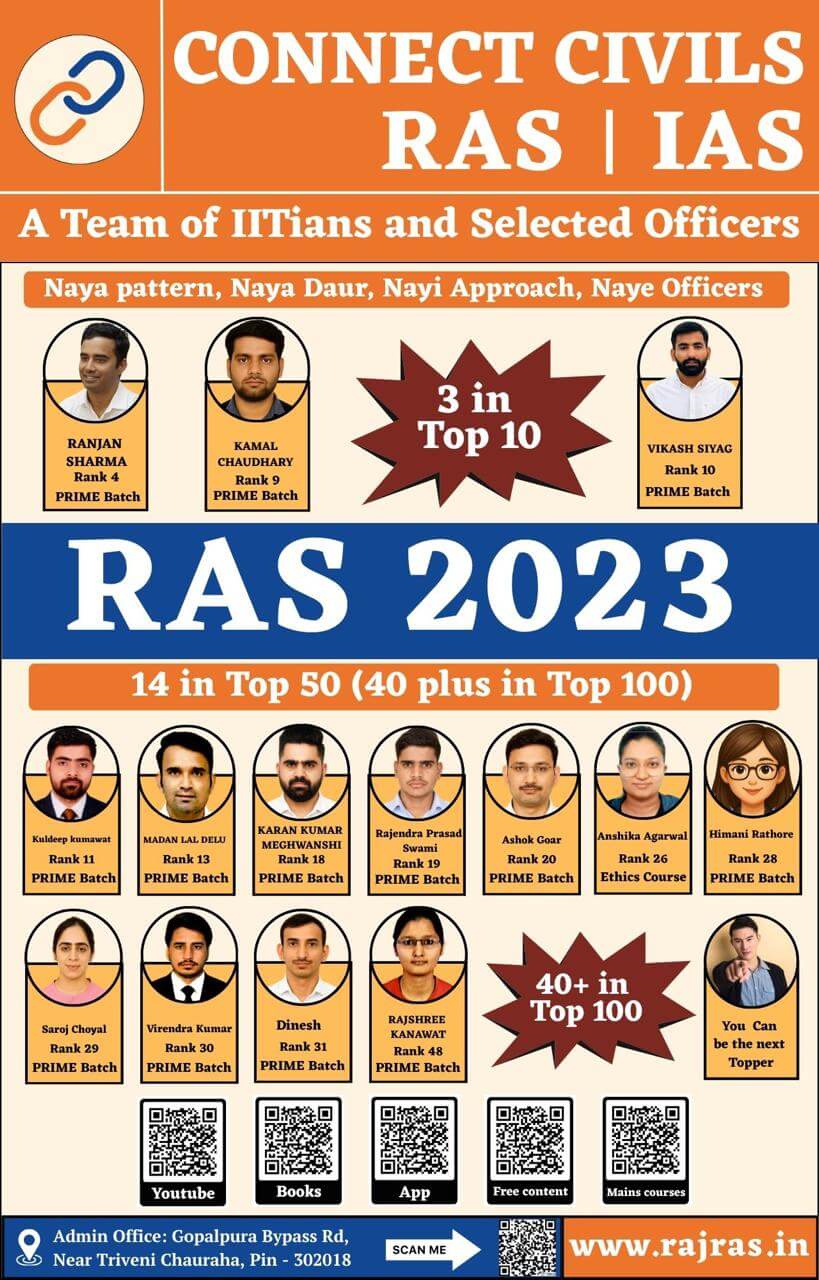Rajasthan Health Minister Dr Raghu Sharma said that all children aged 1 to 19 years in the State will be administered deworming tablets albendazole by anganwari workers and ANMs from October 5 to 11 under the National Deworming Programme. The deworming medicines will be given at all anganwari centres, sub centres and urban health centres.
Precaution against Covid-19
Dr Sharma has directed all the Chief Medical and Health Officers to ensure compliance of all the guidelines for prevention of corona infection while administering deworming tablets. He has appealed to all parents and guardians to positively take their children to the nearest anganwari centres, sub-centres or urban primary health centres to administer deworming medicine adhering to the corona safety guidelines. He said that as children are not coming to schools and anganwaris due to COVID-19, therefore this programme will be observed through anganwari centres, sub-centres and urban health centres. Local ASHA Sahayoginis will bring the children by motivating them to these centres for the deworming medicines.
Worm Infection in Children
NHM Mission Director Shri Naresh Thakral said that worm infection in children is a leading public health problem. It also affects the physical and mental development of the children. There is also a risk of anaemia and malnutrition. Regular deworming can contribute to their physical and mental development by eliminating worm infection in children and adolescents.
He said that the administered drug is approved by the World Health Organisation (WHO), which is used to prevent intestinal worm infections in children. In some cases, children may experience mild abdominal pain, vomiting, nausea, diarrhoea and fatigue. These side effects are usually temporary and can be easily handled. Arrangements have been made to manage any adverse events during the National Deworming Programme.
World Health Organization estimates that 241 million children between the ages of 1 and 14 years are at risk of parasitic intestinal worms in India, known as Soil-Transmitted Helminths (STH). These children represent approximately 68% of children in this age-group and approximately 28% of the number of children estimated to be at-risk of STH infections globally. These parasitic infections result from poor sanitation and hygiene conditions, and are easily transmitted among children through contact with infected soil.
Helminths (worms) which are transmitted through soil contaminated with faecal matter are called soil-transmitted helminths (Intestinal parasitic worms). Roundworm (Ascaris lumbricoides), whipworm (Trichuris trichiura) and hookworms (Necator americanus and Ancylostoma duodenale) are worms that infect people.
STH infections can lead to anemia, malnutrition, impaired mental and physical & cognitive development, and reduced school participation.
National Deworming Day
The National Deworming Day is an initiative of Ministry of Health and Family Welfare, Government of India to make every child in the country worm free.
The objective of National Deworming Day is to deworm all preschool and school-age children (enrolled and non-enrolled) between the ages of 1-19 years through the platform of schools and Anganwadi Centers in order to improve their overall health, nutritional status, access to education and quality of life.
NDD (first round) is conducted on February 10 each year. Bi-annual round of deworming is recommended in the States where prevalence of STH infection is more than 20% and annual round in other (less than 20% prevalence) states.
- National Deworming Day – Download Operational guidelines
- National Deworming Programme in Rajasthan in October 2020 – Source
This is not an official website. Care has been taken to source Facts, figures & information from official websites mostly. However, users are requested to treat this website only as secondary information source & general awareness and consider information available only on government websites (ABC.gov.in or ABC.nic.in) as authentic & genuine information source.


